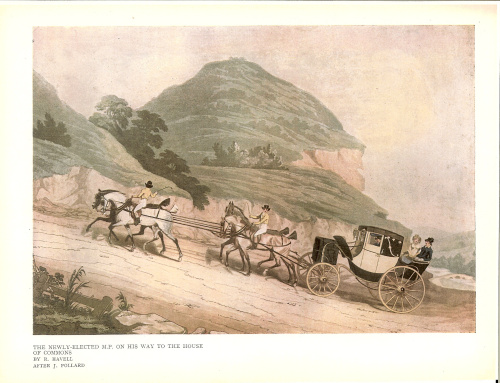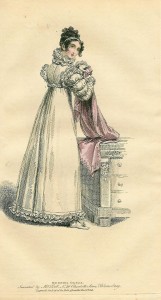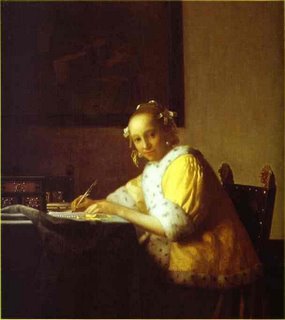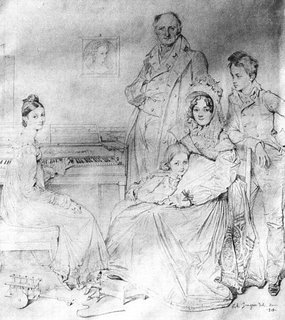It’s spring break, so I’ve been in Florida visiting family. I’m supposed to be enjoying the break—and I am, to a degree. But what non-writers (everyone in my family except my daughters, who write fan fic) can’t understand is that what I’d really like best is quiet time to write. So I smile and go along with the planned activities, and I don’t tell them that there’s a part of me that’s eager to get back to cold and dreary upstate New York so I can write.
I’m finally getting close to the end of the balloonist story (current working title The Height of Desire). It’s not the best time to take a break, because this is a time when there’s a risk of something Julia Cameron, author of The Artist’s Way, calls creative U-turns, i.e. fear-induced backsliding just at the point of a creative breakthrough.
The good thing is that I’ve been writing long enough to recognize when I’m tempted to do a creative U-turn. The other thing I’ve found is that telling friends my plans can help me stay on track. So friends, this is my plan:
– I will finish this version of the story by the end of April.
– I will go on a writing retreat during the first weekend in May with my writer buddies at a house on Cayuga Lake. There I will do a deep, thoughtful review of the whole thing and very likely a lot of rewriting and polishing.
– Then it’s off to my critique partners, and probably another round of revision and polishing. Meanwhile I can start thinking about cover art. J
Wish me luck. What challenges are you facing? What helps to keep you from backsliding?
Elena
www.elenagreene.com






